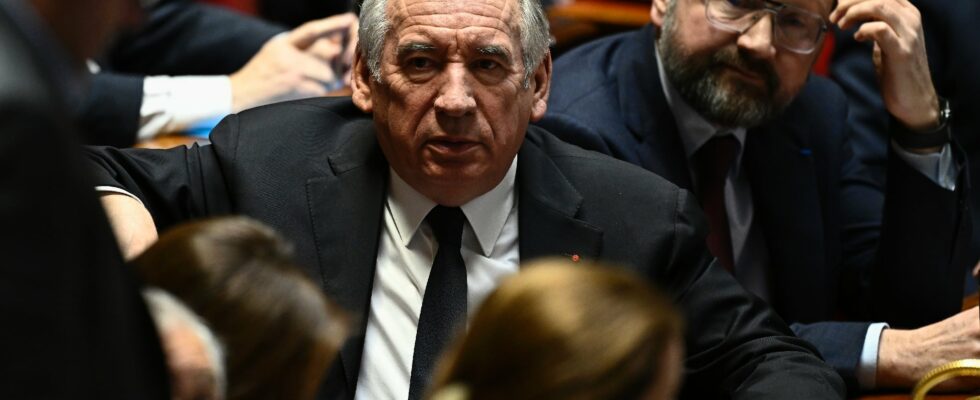The 2025 budget has only one merit: that of existing. It is little, and this reflects the economic immaturity of the National Assembly. The news passes and omits to request accounts from those who make deleterious decisions for our country. We therefore forget that the Barnier government was censored on the altar of an imperfect budget, but still better for the future of France than the Bayrou budget.
There is no question here of throwing stigma on our new Prime Minister, perfectly aware of the problem. François Bayrou succeeds in staying in the saddle on a crazy horse and can hardly do better. On budgetary issues, the RN and the PS are irresponsible. The RN had removed part of the measures to Michel Barnier – for example, the provisional pensions’ sub -indexation – necessary for the urgent effort to reduce deficits, before censor it anyway! The socialists, them, had François Bayrou withdrawn from François Bayrou with the Budget Barnier contained good – in particular the establishment of three days of deficiency in the public service – and that did not weigh heavily. RN and PS sacrifice the higher interests of the country in the service of their electoral customers: it is good to know.
We obviously not speak of rebellious parliamentarians, since their project is that of communitarianism, division and revolution, which places them not only outside the framework of the general interest but even outside the republican circle of democracy French liberal.
Two fundamental errors at the same time
The result of this heartbreaking political situation is a 2025 budget that does not even bring the start of a regulation, as tiny as it is, to our throbbing of public finances. Indeed, this budget is made up of 80 % increases in compulsory levies and 20 % drop in expenditure. This imbalance is already a concern in itself since, in a country which accumulates a record of compulsory levies and public expenditure, the opposite proportion – 80 % of expenses and 20 % of levy increase – had been indicated.
Problem of proportion therefore, but problem of choosing tools too. To establish the reduction of deficits on a sudden and provisional increase in the profits of companies is to succeed in making two fundamental errors at the same time, a real intellectual tour de force. First, our deficits being unfortunately permanent and unrelated to the economic situation, a temporary increase is useless, which is why it is likely not to be. Then, changes in corporate tax rates, such as capital samples, have little impact on tax revenue, upwards and downwards, because the tax base it strikes is elastic.
Nothing could be simpler for a business than to have its exhaust its result completely vary before tax. This is understood by the Americans, the Canadians and the Germans who have planned to drop this tax quickly and significantly to energize investment and employment. France is, on this subject, perfectly in a setback. If the government absolutely wanted to tax the French, it should have chosen, to bring money, VAT or CSG.
As for spending reductions, they constitute a planing which all past experiences have shown that it degraded the quality of work in administrations without generating lasting savings. To lower budgets without changing organizations is sure to fail. In short, in this budget, everything is wrong.
Debt arithmetic
Everything is so false that it is not excluded that said budget does not even manage to reduce our deficits which would be around 6 % of GDP at the end of the year. The tax shock inflicted on companies will necessarily have negative consequences on growth, and therefore on revenue. The announced economy measures will have an effect at best marginal. In addition, the arithmetic of debt is unfavorable to us. With sovereign interest rates at ten years between 3 and 3.5 %, inflation at 1 %and growth of around 0.5 %, the load of debt interest has increased mechanically. After budgetary laxity, here comes the time of ineffective masochism. We bet it will last a shorter.
Nicolas Bouzou, economist and essayist, is director of the Astères consulting firm
.
